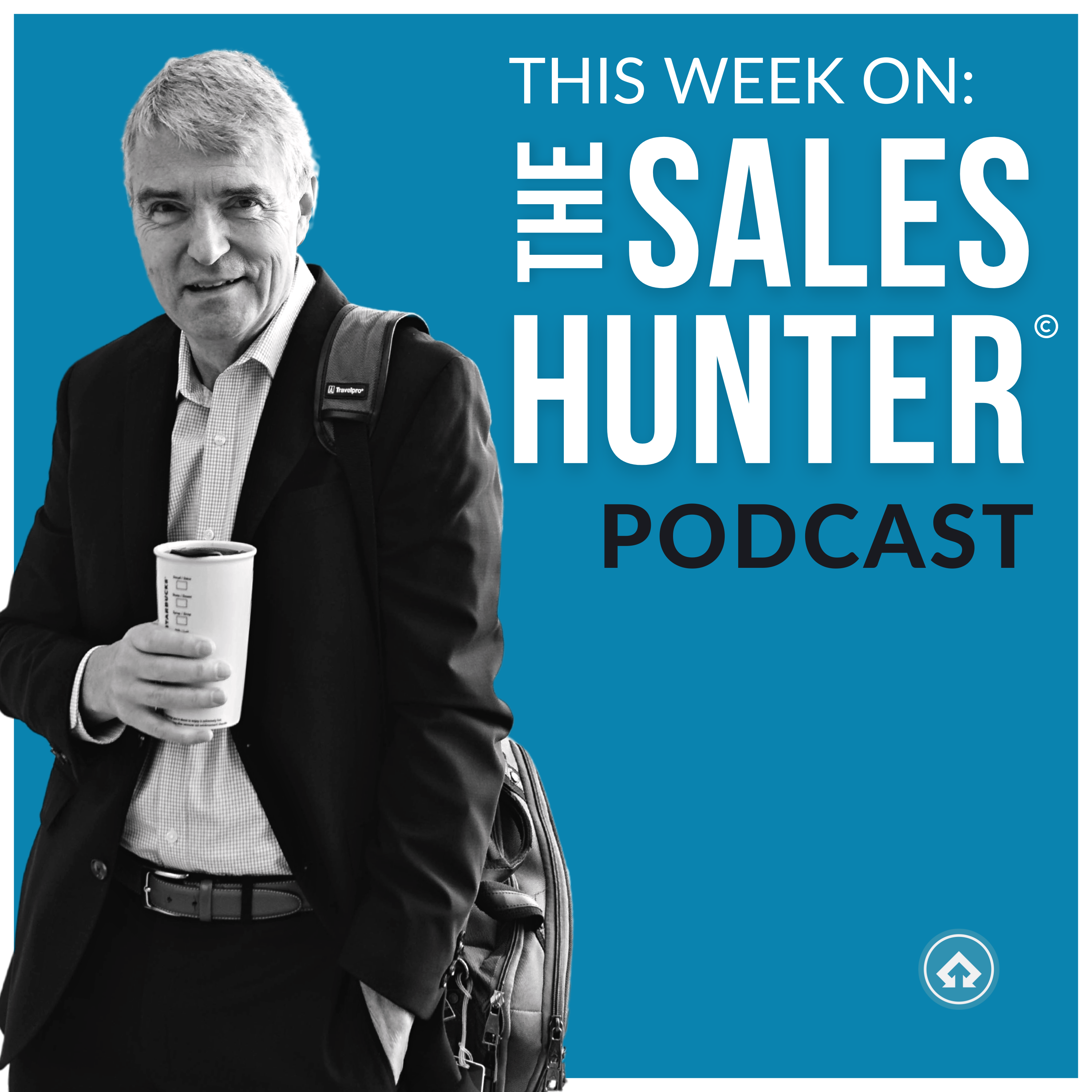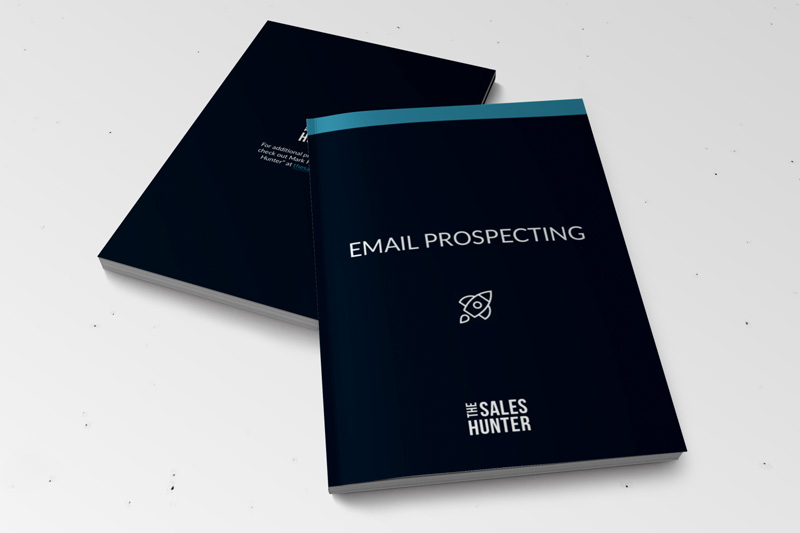Here’s a hard truth: Customers don’t care about your product—they care about what your product does for them. That’s why if you’re focusing your sales pitch on features and functions, you’re missing the bigger picture.
You should be selling the solution, not the product.
In this post, I’ll walk you through seven key questions you need to ask yourself to determine which one you’re selling—and how to start doing it better.
1. What’s the Solution You Sell?
Can you define the solution you provide in one clear sentence?
And no, you can’t mention your product.
Your solution is the outcome you create for your customer. If you can’t boil it down to one sentence, you probably don’t have a clear handle on what you’re really selling.
And if you serve multiple Ideal Customer Profiles (ICPs), you should be able to define a specific solution for each of them—again, in just one sentence.
2. How Do You Know That’s Your Solution?
You might think you know your solution, but what really matters is what your customers say.
The solution isn’t defined by your internal opinion; it’s validated by customer outcomes. If your customers aren’t echoing your definition or talking about the value they get from your offering, it’s time to reevaluate.

3. How Valuable Is It to Your Customers?
Your solution might be good—but is it valuable?
Just because something solves a problem doesn’t mean it’s important to your customer. For it to matter, your solution has to align with their top priorities or pain points. Pay attention to how often customers express urgency or impact when they talk about what you provide.
There are a lot of things that I can find a great solution for, but if it’s not really pertinent in my life, in my business, I don’t really care.
→ Read: Strengthen Your Value Prop with These 5 Questions
4. Is Your Solution Time-Sensitive?
In today’s fast-moving world, customers are only spending money on what matters now.
Ask yourself: Does your solution solve an immediate or urgent problem?
If not, it might be pushed to the back burner—or off the table completely. The best sales opportunities exist when your solution aligns with your customer’s current priorities.

5. Who Is the Person Who Needs It Most?
You may be selling to someone in procurement or management, but are they the actual user or beneficiary of your solution?
Sales becomes much more effective when you’re talking directly to the person who experiences the problem and will gain the most from solving it. If you’re not at that level yet, your product may be viewed as a commodity rather than a solution. For example, procurement does not view you as a solution, but only a product.
6. What Triggers the Customer’s Need?
To understand the solution, you need to understand the trigger.
What’s happening in the customer’s world that creates a need for what you offer? What’s changing in their market, their business, or their customer’s behavior? Triggers create urgency, and urgency drives decisions.
Often, these triggers are found downstream—in your customer’s customer. When you understand their full business ecosystem, you gain insights into what’s driving demand.
7. What Questions Do You Need to Ask?
If you want to uncover the value, timing, triggers, and right buyer—you need to ask better questions. The right questions uncover the true need. And without that insight, you’ll fall back to product-focused selling, which is exactly what you’re trying to avoid.
Remember: You can’t sell the right solution if you don’t ask the right questions.

Which Calls Come First? How to Prioritize Leads
Optimize your pipeline management and discover the secret formula to maintaining a thriving sales funnel
Find episode #309 wherever you download podcasts!
Negotiation Secrets for Building Trust in Business
w/ Stan Christensen
Stan shares his expertise on why postponing price discussions until other aspects of the relationship are established is crucial.
Episode #310 is out now!

Copyright 2025, Mark Hunter “The Sales Hunter” Sales Motivation Blog. Mark Hunter is the author of A Mind for Sales and High-Profit Prospecting: Powerful Strategies to Find the Best Leads and Drive Breakthrough Sales Results.













2 Responses
Very important to me and I hope this will help me a lot in my career
Awesome topic with proven results